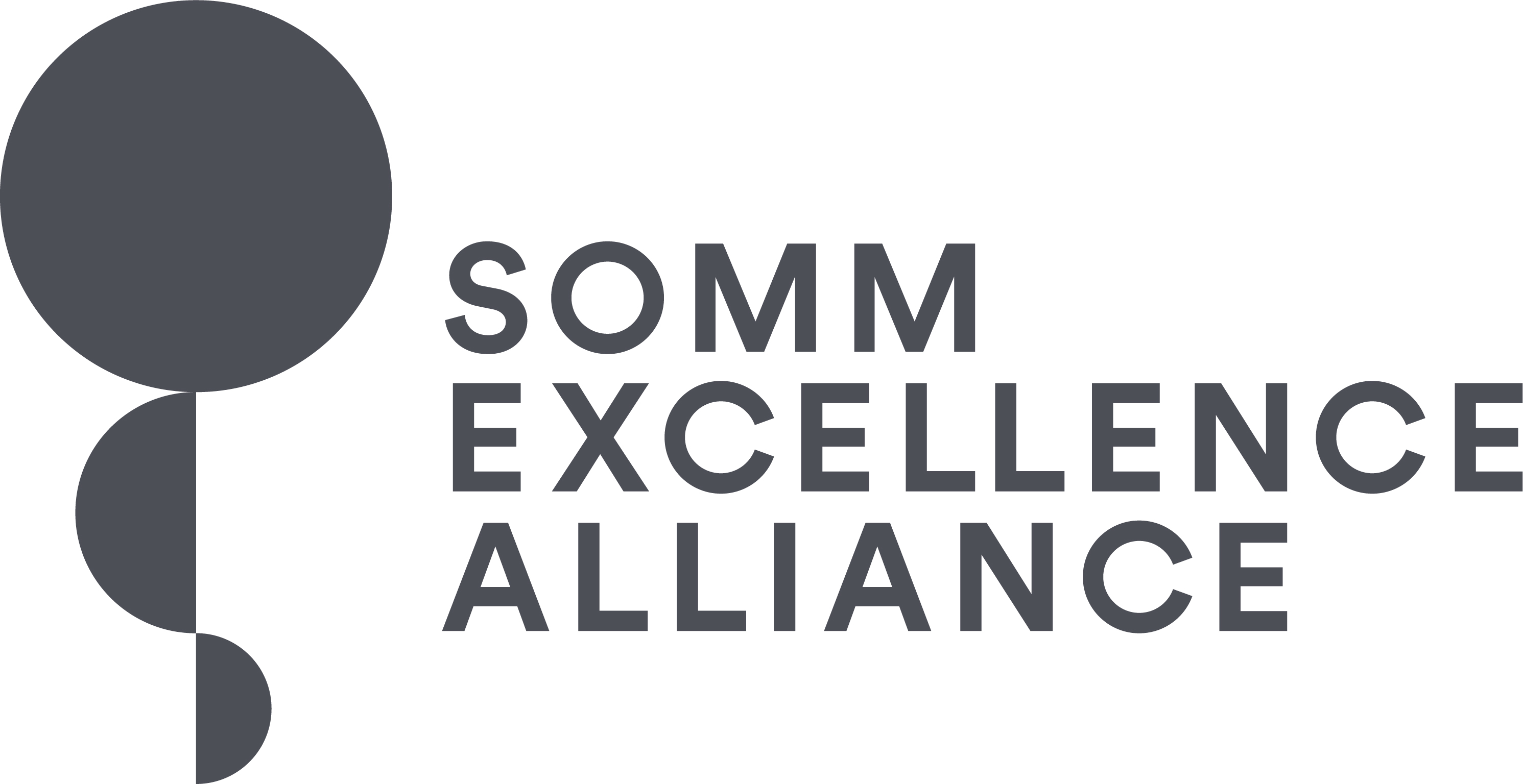
SOMMa Alliance
If you are the contact person for this centre and you wish to make any changes, please contact us.

Research published in Nature analyses future scenarios in which the 1.5°C temperature limit set in the Paris Agreement would be temporarily exceeded, assuming that temperatures could be lowered in the long term by reducing carbon dioxide emissions using different techniques. The authors stress that exceeding this threshold would have irreversible consequences for the Earth system in key areas such as biodiversity, sea level and carbon stocks. ‘Only rapid, short-term emission reductions are effective in reducing climate risks,’ they stress in the paper.
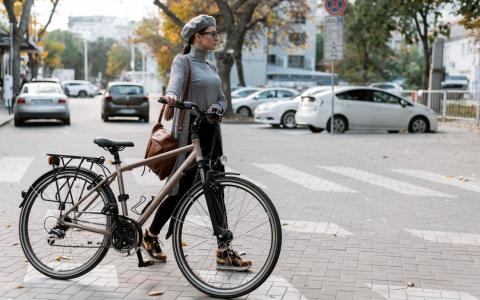
Analysis of 1,500 climate policies implemented in 41 countries over the last two decades - between 1998 and 2022 - shows that a small proportion - 63 of them - achieved a significant reduction in carbon dioxide emissions. The study, published in Science, indicates that a significant decrease in these emissions was recorded in the transport sector in Spain. According to the authors, the combination of several policy instruments is often more effective than the use of single measures.

After an intense night of negotiations in Dubai (United Arab Emirates), the countries participating in COP28 reached a historic agreement by mentioning for the first time "moving away from fossil fuels" in the Global Stocktake document - the assessment of progress made towards achieving the climate goals set out in the Paris Agreement. The agreement comes after the first draft presented by the presidency did not make this mention - it referred only to "reducing consumption and production" of these fuels - which was described as "unacceptable" by countries such as Spain.
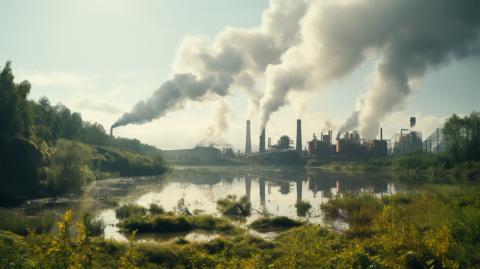
At the current level of emissions, there is a 50% chance that global temperatures will exceed the 1.5°C target consistently over seven years. This is one of the forecasts in the Global Carbon Budget 2023 report, which estimates that CO2 emissions from fossil fuels will reach record highs in 2023, reaching 36.8 billion tonnes, 1.1 % more than in 2022. The report, published in the journal Earth System Science Data, shows that emissions have decreased in the EU as a whole and in the United States, while they continue to increase in India and China.
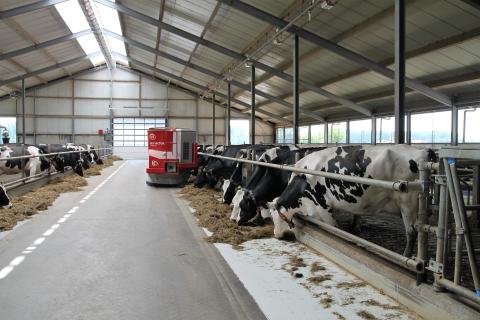
An analysis published in Nature Climate Change estimates that food consumption worldwide could add 1°C to global warming by 2100. The study also says that more than half of this warming could be avoided by adopting a healthy diet, improving food system practices, and reducing food waste.
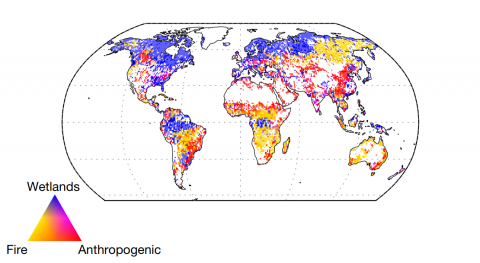
Although in 2020 the covid-19 pandemic caused confinement and economic paralysis in many countries, the rate of methane growth in the atmosphere peaked, reaching the highest level since 1984. Research published in Nature claims that the main source would be the warmer, wetter wetlands of the northern hemisphere.
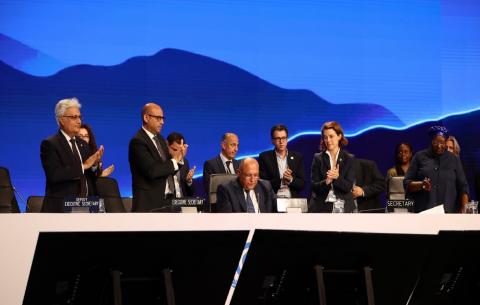
After two long weeks of negotiations and outside the official deadline, COP27 has reached an agreement to create a loss and damage fund to help the most vulnerable countries face the impacts of the climate crisis. However, other issues such as greater ambition in mitigation strategies to avoid exceeding 1.5ºC of warming and less dependence on fossil fuels have not achieved the commitment of all parties.